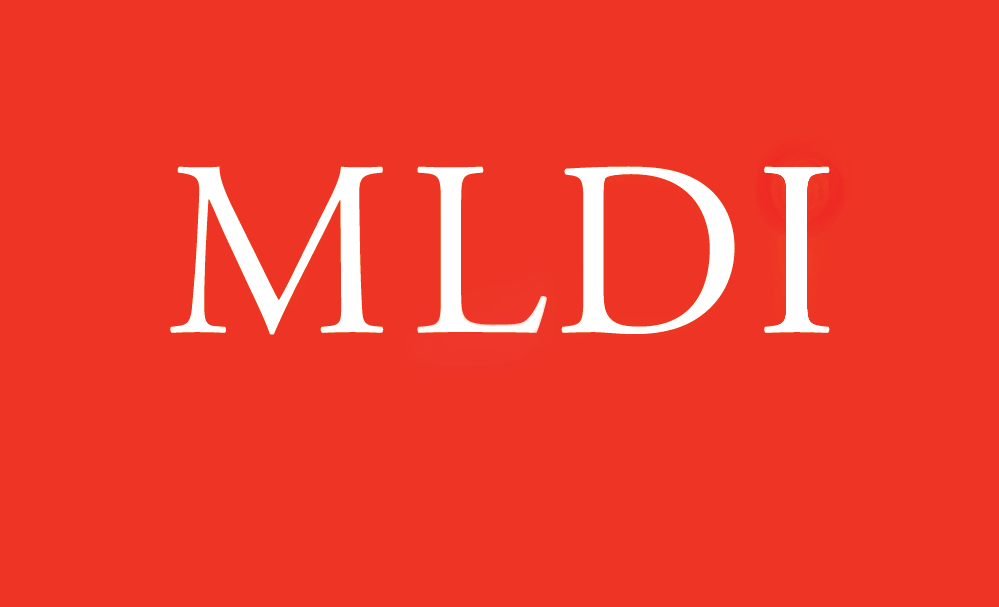Deadline: August 9, 2018
The Digital Rights Advancement Grants 2018 is open for applications. The Media Legal Defence Initiative (MLDI) is a charity, based in the United Kingdom, that provides legal help to journalists, bloggers and independent media across the world. They undertake strategic litigation. They also make partnership grants to non-governmental organisations (NGOs) providing legal defence to journalists and deliver specialist media law workshops for legal professionals.
MLDI has recently started a project that aims to strengthen and protect digital rights for independent media in Sub-Saharan Africa. This is done by supporting the development of legal communities with the expertise and skills to advocate for freedom of expression online and litigate digital rights cases.
They are seeking to partner with NGOs, law centres and/or independent media outlets in East, West, and Southern Africa to advance digital rights and freedom of expression online. A limited number of one-off grants are available for short-term, pilot projects that contribute to better local level access to legal assistance and support to online independent media.
Objectives
As part of this project, we are offering one-off 6-8 month grants of up to between GBP14,000 and GBP16,000 to organisations with backgrounds in defending and supporting the right to freedom of expression. The objective of the grants is to improve local access to legal assistance for online media and bloggers in order to advance digital rights and standards in online freedom of expression. The grants can be used for the following types of projects in East, West or Southern Africa:
- provide legal advice or support services;
- undertake advocacy activities on laws and/or policies that limit freedom of expression online, advocate for the implementation of court rulings that promote digital rights, or publicise new legal standards on digital rights;
- develop or advance an advocacy and/or strategic litigation coalition to reform laws and/or policies which limit freedom of expression online;
- build or strengthen regional relationships with digital rights advocacy groups;
- analyse laws, policies, and practices that infringe on journalists’ right to freedom of expression online and/or provide training in online freedom of expression and digital rights to journalists, bloggers, and independent media;
- research on, or monitoring of, violations of the right to freedom of expression online;
- other projects and activities may be considered but should be discussed with the Project Coordinator before application (see contact details below).
If required, MLDI can provide legal mentoring, and other forms of non-financial organisational support.
Eligibility
To be considered, organisations must meet the following criteria:
- The grant is open to NGOs, law centres and independent media outlets registered in East Africa, West Africa, or Southern Africa;
- The organisation must have a background or demonstrable interest in advocacy, litigation, and/or provision of legal support;
- The organisation should have previous experience in the advancement and protection of freedom of expression in the country or region where it operates; and
- The organisation must have sufficient administrative and financial capacity to comply with MLDI’s reporting requirements.
Application
Interested organisations are encouraged to submit a concept note though MLDI’s grant application portal.
The deadline Thursday, 9 August 2018 at 23h59 (GMT+1).
Applicants will be asked to provide the following information:
- Organisation’s name and address;
- The names of the head of the organisation, board chair, and treasurer;
- The total amount of money requested from MLDI;
- The organisation’s annual budget;
- A summary of expected outcomes; and
- A summary of proposed activities and outputs.
Shortlisted organisations will be invited to submit a full proposal. Grants will start on 1 November 2018 and run for 6 to 8 months. For further information contact MLDI’s Project Coordinator Michael Moss: [email protected]
For more information, visit Digital Rights Advancement Grants.

